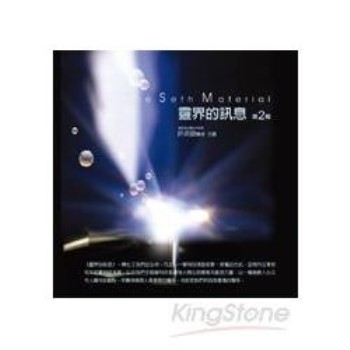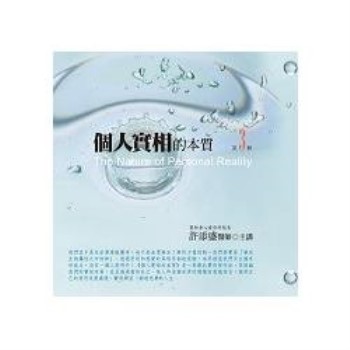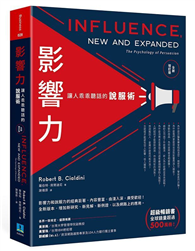This book makes an original contribution to Russia-EU literature by analyzing constructions and trans-formations of the Russian ’Self’ in relation to the European "Other". It provides an orientation towards understanding Russian foreign policy discourse under Putin and offers a thorough analysis of the actions of key policy actors to ground the Russian discourse ideationally, historically, psychologically, and politico-sociologically. Providing a rich analysis of how Russian foreign policy toward the EU evolved from cooperation to competition and ultimately conflict, the author argues that to understand these changes and continuities we must explore concepts of sovereignty and balance of power central to the drafting of Russian foreign policy. Primarily situated in the fields of International Relations and Russian foreign policy, this book will also be of interest to scholars in the fields of Foreign Policy Analysis, Post-Soviet Studies, Eurasian Studies, Historical International Relations, Critical Security Studies, Political Sociology, and Political Psychology.
| FindBook |
|
有 1 項符合
elmuradov的圖書 |
 |
$ 2199 | Russia and EU in the New World Disorder: Revisiting Sovereignty and Balance of Power in the Study of Russian Foreign Policy
作者:Elmuradov 出版社:Routledge 出版日期:2024-05-27 語言:英文 規格:平裝 / 178頁 / 普通級/ 初版  看圖書介紹 看圖書介紹
|
|
|
圖書介紹 - 資料來源:博客來 評分:
圖書名稱:Russia and EU in the New World Disorder: Revisiting Sovereignty and Balance of Power in the Study of Russian Foreign Policy
內容簡介
作者簡介
Dr. Aziz Elmuradov is a research associate at the department of Politics and Society, Faculty of Sociology, Bielefeld University. He studied International Relations, Peace and Security Studies. His research areas cover analysis of Russian foreign policy, Russia-EU relations, and political processes in post-Soviet space against the East/West paradigm. His research interests include political and historical sociology of autocratic politics.
|










